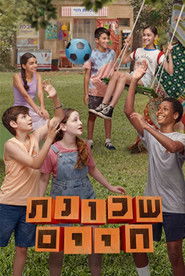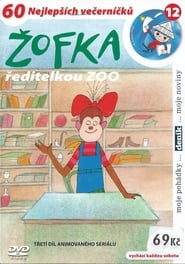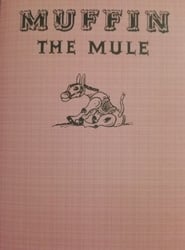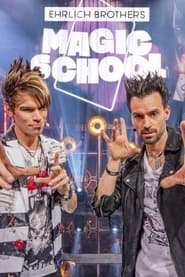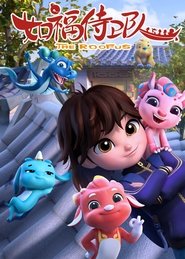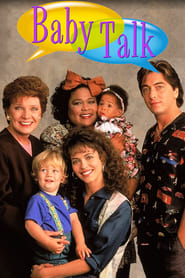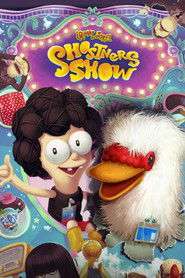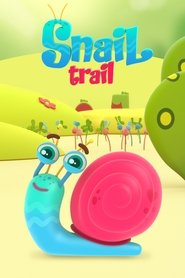Kids TV Series - Page 253
-
Juanito Jones
2017
-
České pexeso
2011
České pexeso
2011
-
Adventurer
0000
Adventurer
0000
Milan 'Lane' Gutović play the adventurer, who in a funny way tells children about his safari endeavours for the bedtime. -
The WotWots
2009
The WotWots
2009
star 5.2The WotWots is a New Zealand children's television show which debuted in 2009. The show features a pair of young alien twin siblings who spend their days exploring the environment where their steam-powered spaceship has landed. DottyWot, the smart and responsible ship's captain, spends most of her time riding herd on her more boisterous, fun-loving brother SpottyWot, the ship's mechanic. Episodes are set in the zoo, at the farm, or on the beach and most often tie their discovery of an animal characteristic into their own adventures. -
שכונת חיים
2025
שכונת חיים
2025
-
Žofka ředitelkou ZOO
1996
-
Toníkovy sny
1976
Toníkovy sny
1976
-
TV유치원: 지니와 한글놀이
2019
TV유치원: 지니와 한글놀이
2019
-
蜜里逃生
2000
蜜里逃生
2000
-
Muffin the Mule
1946
Muffin the Mule
1946
Muffin the Mule is a puppet character in British television programmes for children. The original programmes featuring the character were presented by Annette Mills, sister of John Mills, and broadcast live by the BBC from their studios at Alexandra Palace from 1946 to 1952. Mills and the puppet continued with programmes that were broadcast until 1955, when Mills died. The series then transferred to ITV in 1956 and 1957. A modern animated version of Muffin appeared on the BBC in 2005. The original mule puppet was created in 1933 by Punch and Judy puppet maker Fred Tickner for husband-and-wife puppeteers Jan Bussell and Ann Hogarth to form part of a puppet circus for the Hogarth Puppet Theatre. The act was soon put away, and the puppet was not taken out again until 1946, when Bussell and Hogarth were working with presenter Annette Mills. Shes named the puppet mule "Muffin", and it first appeared on television in an edition of For The Children broadcast on 20 October 1946. -
诗歌里的故事
2020
诗歌里的故事
2020
-
The Roofus
2023
The Roofus
2023
-
Baby Talk
1991
Baby Talk
1991
star 6.8Baby Talk is an American sitcom that aired on ABC from March 8, 1991 until May 8, 1992 as part of ABC's TGIF lineup. The show was loosely based on the popular Look Who's Talking movies and was adapted for television by Ed Weinberger. Amy Heckerling created original characters for the series while using key creative and script elements from Look Who's Talking, which she had written and directed. Weinberger served as executive producer during the first season, and was replaced by Saul Turteltaub and Bernie Orenstein in the second season. -
Jorel's Brother: Shostners Show
2024
Jorel's brother and Gesonel present a new project to Shostners and Shostners. During the presentations, we revisit memorable scenes. -
Psych: The Big Adventures of Little Shawn and Gus
2008
The animated adventures of grade schoolers Shawn and Gus as they work together solving crimes. -
Jul i Historiehulen
2019
Jul i Historiehulen
2019
-
Holiday Playlist
2024
Holiday Playlist
2024
Celebrate the season in the holly-est, jolly-est way with this festive mix of episodes and specials. It's a gift that keeps on giving! -
Snail Trail
2019
Snail Trail
2019
Mr. Snail is a friendly explorer who ventures outdoors to investigate in the wild. On his journeys, Mr. Snail meets different animals and makes important discoveries about their lifestyle and habits by asking some very funny questions. -
贝乐虎之萌虎学功夫
2022
贝乐虎之萌虎学功夫
2022




